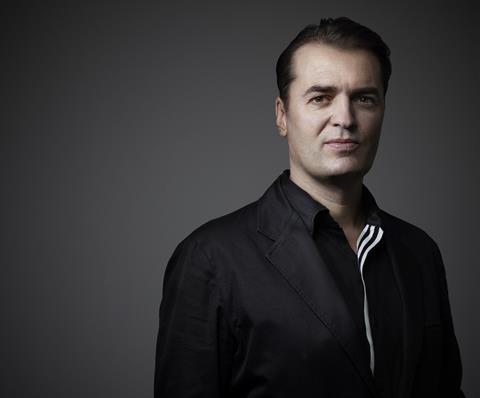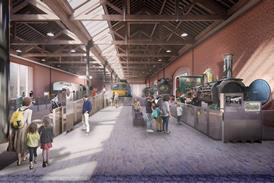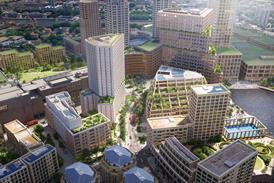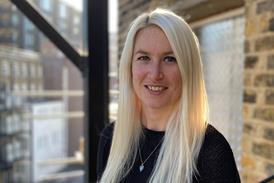The Zaha Hadid Architects chief executive outlines how generative AI tools are reshaping workflows, enhancing creativity, and helping the firm compete in a rapidly evolving industry

Zaha Hadid Architects (ZHA) has embraced generative artificial intelligence (AI) as a core tool in its design processes, aiming to enhance productivity and creativity across its projects, according to its chief executive, Patrik Schumacher.
Known for its innovative fluid “parametric” architectural style, ZHA has been concertedly integrating AI systems into its workflows since early 2022. The firm has now moved from using off-the-shelf tools like MidJourney and Gendo to developing proprietary software tailored to architectural applications.
Schumacher told The Times: “We started to use AI for ideation in the office to generate ideas and concepts. It was a real creativity boost, so we started to be more systematic about it.”
ZHA’s AI systems are now a standard part of project initiation, generating a wider range of design options in significantly less time. The firm claims that renderings can now be produced in 20% of the time previously required, aiding its ability to meet tight competition deadlines and reducing the need for outsourcing.
The practice also reported productivity gains of up to 50% in mid-stage building design preparation, facilitated by tools such as Stable Diffusion and AI-integrated platforms like Rhino.ai. These systems allow the practice to create and refine renderings within minutes, ensuring greater efficiency and adaptability.
>> Also read: Zaha Hadid Architects loses court bid to end naming royalties agreement
Schumacher highlighted the role of AI in maintaining ZHA’s competitive position in a fast-changing industry. “In terms of acquiring work, winning work, it’s a very strong boost,” he said. The firm’s ongoing investment in AI aims to keep it “a step ahead” of competitors, Schumacher said.
In addition to its architectural projects, ZHA is exploring the potential of AI in the metaverse. Its Metrotopia platform, launched in 2023, is described as a “hub” for the design ecosystem and recently featured at the Venice Architecture Biennale.
Schumacher expressed confidence in the metaverse’s potential, stating: “For the metaverse, the AI generation of assets and spaces will be even more important because of the amount of things which will have to be designed.”
Schumacher also urged transparency in the use of AI, encouraging firms to openly disclose its role in project development. “Don’t pretend that AI wasn’t involved. If anything, the client shouldn’t be worried, as it should mean that you’ve selected from a larger pool of contenders and therefore theirs is more of a ‘winner proposal’,” he said.
The practice has 60 projects in development and projected revenues of £77 million for the financial year.
















No comments yet